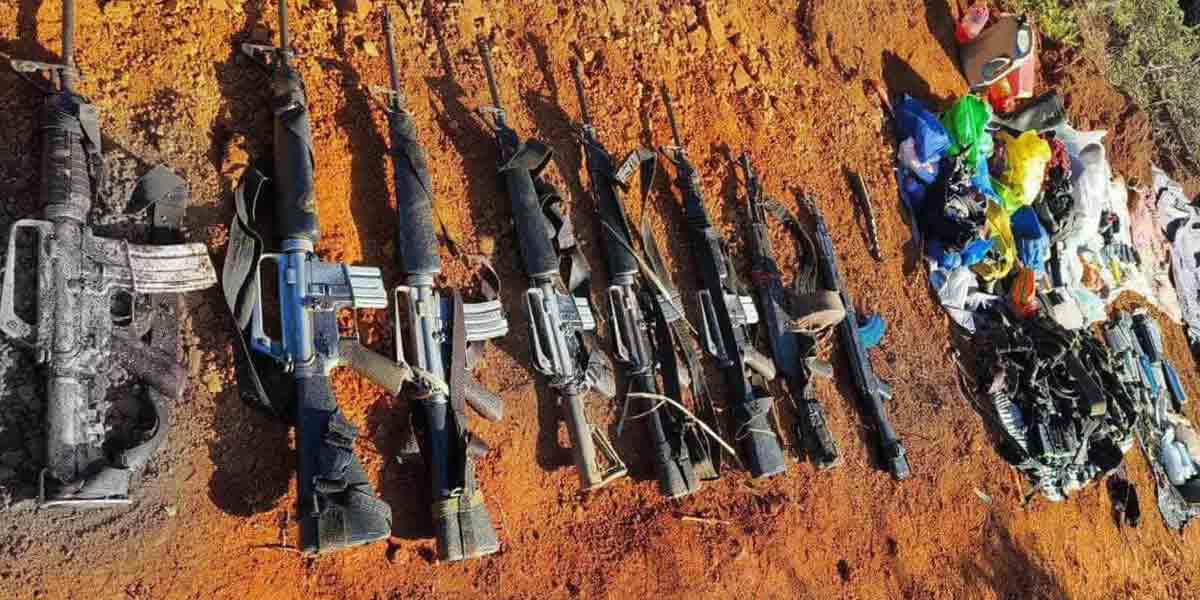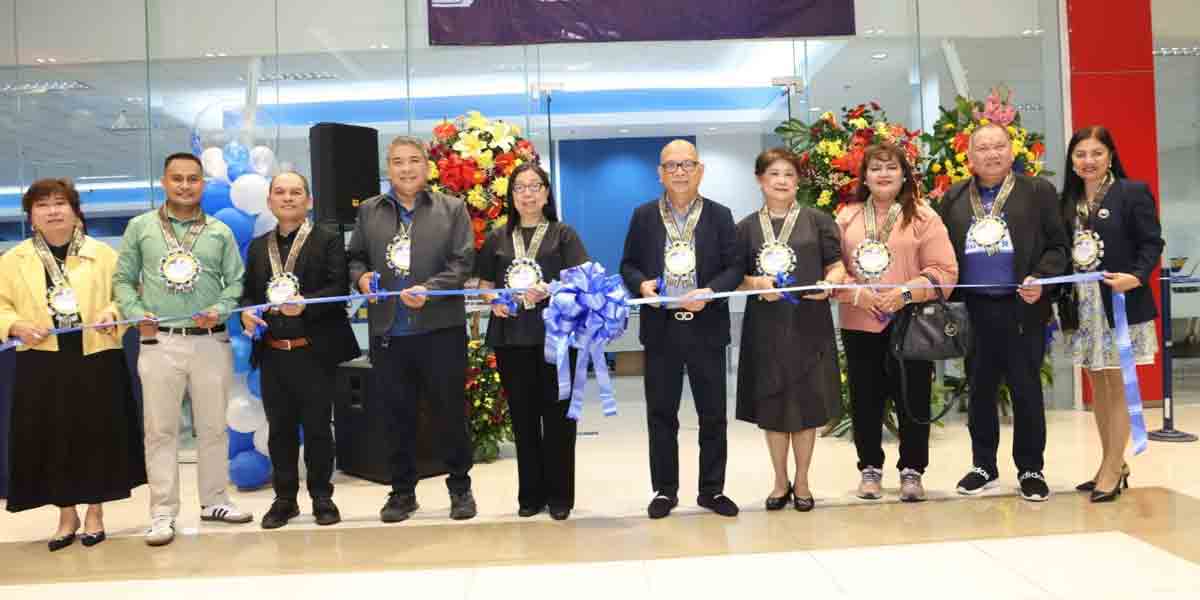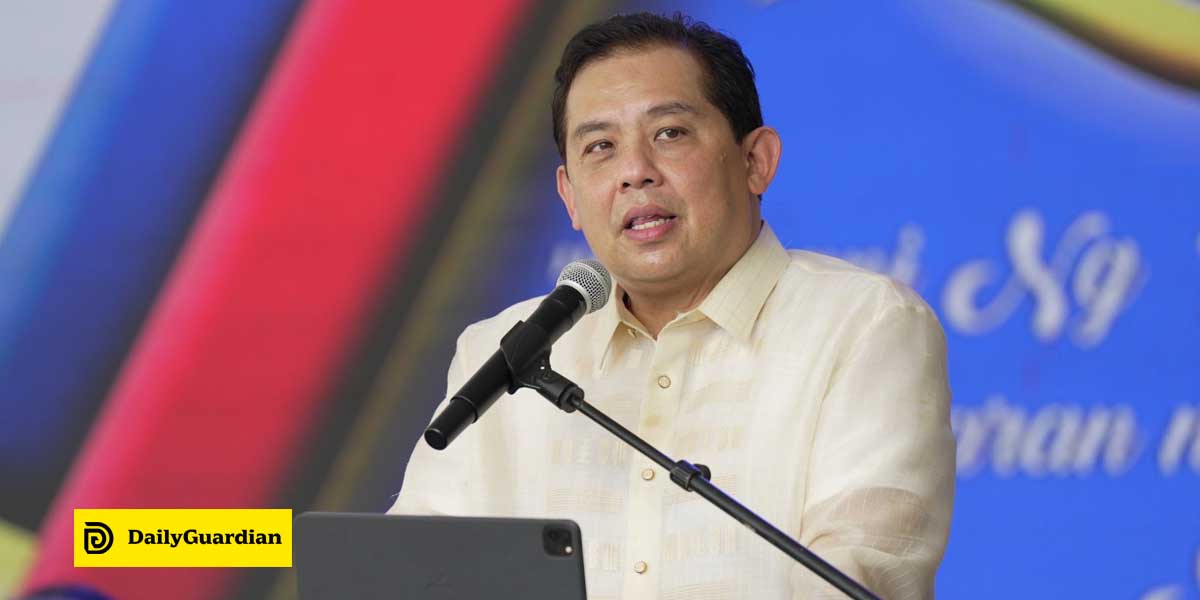 By Alex P. Vidal
By Alex P. Vidal
“The wide world is all about you: you can fence yourselves in, but you cannot forever fence it out.”—J. R. R. Tolkien
TRUMP loyalist Luis Lomuntad, leader of Filipinos in Queens, New York City who believes the rightful winner in the November 3, 2020 presidential election was President Donald Trump, said they are not against the decision of President-elect Joseph R. Biden to offer legal status to an estimated 11 million illegal immigrants, including some Filipinos.
But there is one fundamental issue that Mr. Biden should resolve first and foremost, asserted the 64-year-old Tondo-raised Lomuntad: “He should first build the wall or finish the wall that was started by President Trump.”
Lomuntad said “the system will breakdown” if the wall that separates the United States from Mexico and other Hispanic-speaking countries started by Mr. Trump in 2017 will not be erected.
He pointed out that 9,000 people from Honduras have already started stampeding the U.S.-Mexico boundary as Mr. Biden announced the proposed granting of amnesty to the illegal immigrants in the U.S. territory.
“It’s fine because the illegal immigrants have been here for so many years now at hindi naman sila aalis dito. But Mr. Biden must first prioritize the building of the wall,” Lomuntad suggested. “They should also see to it that all the bad people are deported and only the good ones will remain here.”
Bataan-born Peter Campomanes, 80, of New Jersey, also a Trump supporter, agreed with Lomuntad.
“They should fix the system first,” Campomanes, a relative of the late former World Chess Federation (FIDE) president Florencio Campomanes, remarked.
-o0o-
Before Mr. Trump took office, there were reportedly 654 miles (just over 1,000km) of barrier along the southern border made up of 354 miles of barricades to stop pedestrians and 300 miles of anti-vehicle fencing.
According to the US Customs and Border Protection (CBP) in its 6 October status report, the southern border now has 669 miles of “primary barrier”—the first structure people heading from Mexico to the U.S. will encounter—and 65 miles of “secondary barrier”, which usually runs behind the primary structure as a further obstacle.
This means that in areas where no barricades existed before, they have built 15 miles of new, primary barrier or “border wall system”, as it is called by CBP.
CBP further said about a further 350 miles of barrier has been built made up of replacement structures and some new secondary barrier.
More is reportedly planned, too, with 378 miles of new and replacement barrier either under construction or in the “pre-construction phase”.
Less than half of this will be in locations where no barriers currently exist, added the CBP.
Mr. Biden’s decision to immediately ask Congress to offer legal status to an estimated 11 million people in the country has reportedly surprised advocates given how the issue has long divided Democrats and Republicans, even within their own parties.
It was reported that in his first day in office, Mr. Biden disclosed he would announce to provide a path to citizenship for millions of immigrants in the United States illegally.
-o0o-
The Democratic president-elect campaigned on a path to citizenship for the roughly 11 million people in the U.S. illegally, but it was unclear how quickly he would move while wrestling with the coronavirus disease 2019 (COVID-19) pandemic, the economy and other priorities.
For advocates, memories were fresh of presidential candidate Barack Obama pledging an immigration bill his first year in office, in 2009, but not tackling the issue until his second term after the Republican-dominated congress blocked Mr. Obama’s legislative agenda.
According to the Associated Press, “Biden’s plan is the polar opposite of Donald Trump, whose successful 2016 presidential campaign rested in part on curbing or stopping illegal immigration.”
AP quoted Marielena Hincapie, Executive Director of the National Immigration Law Center, who was reportedly briefed on the bill, as saying: “This really does represent a historic shift from Trump’s anti-immigrant agenda that recognizes that all of the undocumented immigrants that are currently in the United States should be placed on a path to citizenship.”
If successful, the legislation would be the biggest move toward granting status to people in the country illegally since President Ronald Reagan bestowed amnesty on nearly 3 million people in 1986.
Legislative efforts to overhaul immigration policy reportedly failed in 2007 and 2013.
(The author, who is now based in New York City, used to be the editor of two local dailies in Iloilo)






















